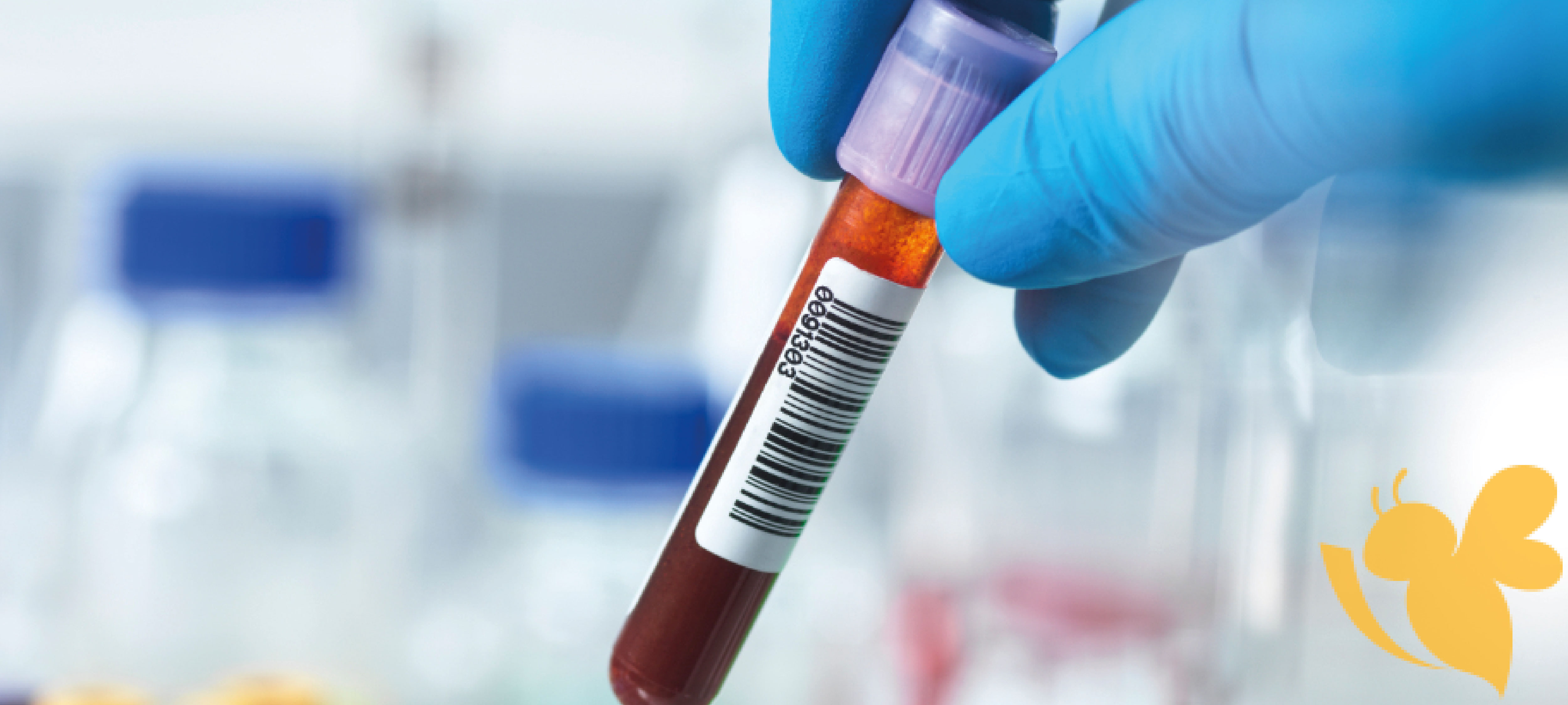Recent advancements in medical diagnostics have led to the development of a new blood test that identifies Alzheimer's-related memory loss with an impressive 90% accuracy. This breakthrough represents a significant milestone in the field of neurodegenerative diseases, particularly given the challenges associated with early diagnosis and intervention. Traditional methods for diagnosing Alzheimer's often rely on cognitive assessments and imaging techniques, which can be expensive, invasive, and may not always yield conclusive results. The introduction of a blood-based biomarker offers a non-invasive alternative that could enhance early detection rates.
The underlying principle of this innovative blood test involves the identification of specific biomarkers associated with Alzheimer’s disease. Researchers have focused on proteins and other molecules found in the bloodstream that correlate with neuronal damage and cognitive decline. By analyzing these biomarkers, clinicians can more accurately determine an individual's risk for developing Alzheimer's or assess the progression of existing memory impairments. This method not only streamlines the diagnostic process but also promises to facilitate timely therapeutic interventions that may slow disease progression.
The study, published in the Journal of the American Medical Association, found that a p-tau217 blood test can determine whether memory loss is caused by Alzheimer’s about 91 percent of the time, compared to 73 percent accuracy for specialists and 61 percent for primary care doctors.
While there are gold-standard methods for detecting Alzheimer’s disease available, the current methods are expensive, hard to access and often have long waits. Researchers hope this new method could streamline Alzheimer’s diagnoses and accelerate treatment.
“Importantly, even in places with limited access to these new therapies, an accurate, biomarker-verified Alzheimer disease diagnosis can have a positive effect on clinical care and prognostication,” the study reads.
The p-tau217 test measures the levels of a specific blood peptide that is known as a marker of neurological damage due to Alzheimer’s. By determining the specific levels for tests, doctors could use it to see if cognitive decline is due to Alzheimer’s or another form of dementia.
Still, lots of questions surround these new blood tests, Masliah cautions. Such tests are available now, but none are approved by the U.S. Food and Drug Administration. And their usefulness for testing people before any symptoms appear is being studied. “We’re at an early stage right now.” If past Alzheimer’s research is any indication, the answers won’t be simple or quick.
For now, it’s clear that the landscape is changing quickly, and scientists and doctors are bound to learn more about this disease as blood tests for Alzheimer’s disease get more attention. Here’s what we know about the tests so far.
The convenience of a blood test means more patients can receive an accurate diagnosis sooner, allowing them to receive the healthcare they require without delay.
"The test is already available in the USA and is likely to become available in many other countries soon," says senior researcher Oskar Hansson, a neurologist at Lund University.
"Initially, it will mainly be used in specialist memory clinics, and it may take approximately one to two years to implement guidelines and training in primary care."
Read more
Harris’ whirlwind search for running mate enters final hours Hurricane Debby Hits Florida, May Cause Historic Rainfall, FloodingSarah H
Also on site :
- Gemini converts Google Docs to podcasts
- Khloé Kardashian responds to Lamar Odom’s blow-up sex doll of her: ‘So demonic and unwell’
- Jonathan Ross opens up about why he decided to quit alcohol

